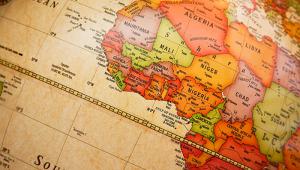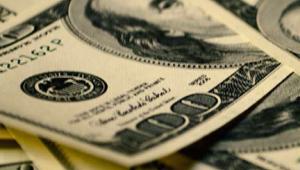By Nick Mann | 19 March 2012
Governments in the developing world could save billions of dollars by paying people via mobile phones or electronic payment cards, according to the World Economic Forum.
In a report published last week, the Swiss-based organisation said mobile financial services could halve the amount of payments that fail to reach their intended destination due to mismanagement, fraud and corruption, currently estimated at $200bn a year.
According to Galvanizing support: the role of government in advancing adoption of mobile financial services, developing world governments currently pay around $1 trillion a year to people without bank accounts. These payments – welfare, non-cash subsidies and government salaries – are expected to rise to $1.25trn by 2015.
‘In developing countries, government payments frequently fall into the wrong hands. In addition, high administrative or overhead expenses can erode already scarce resources, reducing the amount remaining for benefit payments,’ the report explained.
Making payments using a secure mobile financial system could address this by reducing leakages such as scamming of benefits and misidentification of those receiving the payment, it said. It cited the Aadhaar system being developed in India, where people receive a unique identification number they can use to receive payments.
It could also reduce transaction and administration costs. According to the Boston Consulting Group, which helped to develop the study, paper transactions can cost as much as 100 times more than using the internet or mobile services. Savings can also be made on administration costs, they added.
Together, the combined savings for governments of developing nations could be between $3bn and $50bn a year by 2015, depending on the proportion of government-to-person payments made using mobile devices and the percentage of leakage. This could increase to $100bn a year once socio-economic benefits were taken into account, the report added.
Neeraj Aggarwal, a partner at Boston Consulting Group, said these savings could be made only if governments played their part in championing the use of mobile financial services for the estimated 2.5 billion people in the developing world without bank accounts.
‘Governments in the developing world have a huge opportunity on their hands. However, it needs dedicated focus from government and private sector alike,’ he said.
In particular, the report called on governments to develop ‘balanced’ regulatory frameworks for banks to use mobile financial services and to create data protection frameworks for people’s personal information.
William Hoffman, head of the telecommunications industry for the World Economic Forum USA, added: ‘Mobile financial services represent a fundamentally transformational opportunity to connect billions of people to the formal economy.
‘A renewed commitment by all stakeholders to not only discuss the potential of mobile financial services, but to actually use it, is needed to ensure the promise of this opportunity is realised.’













